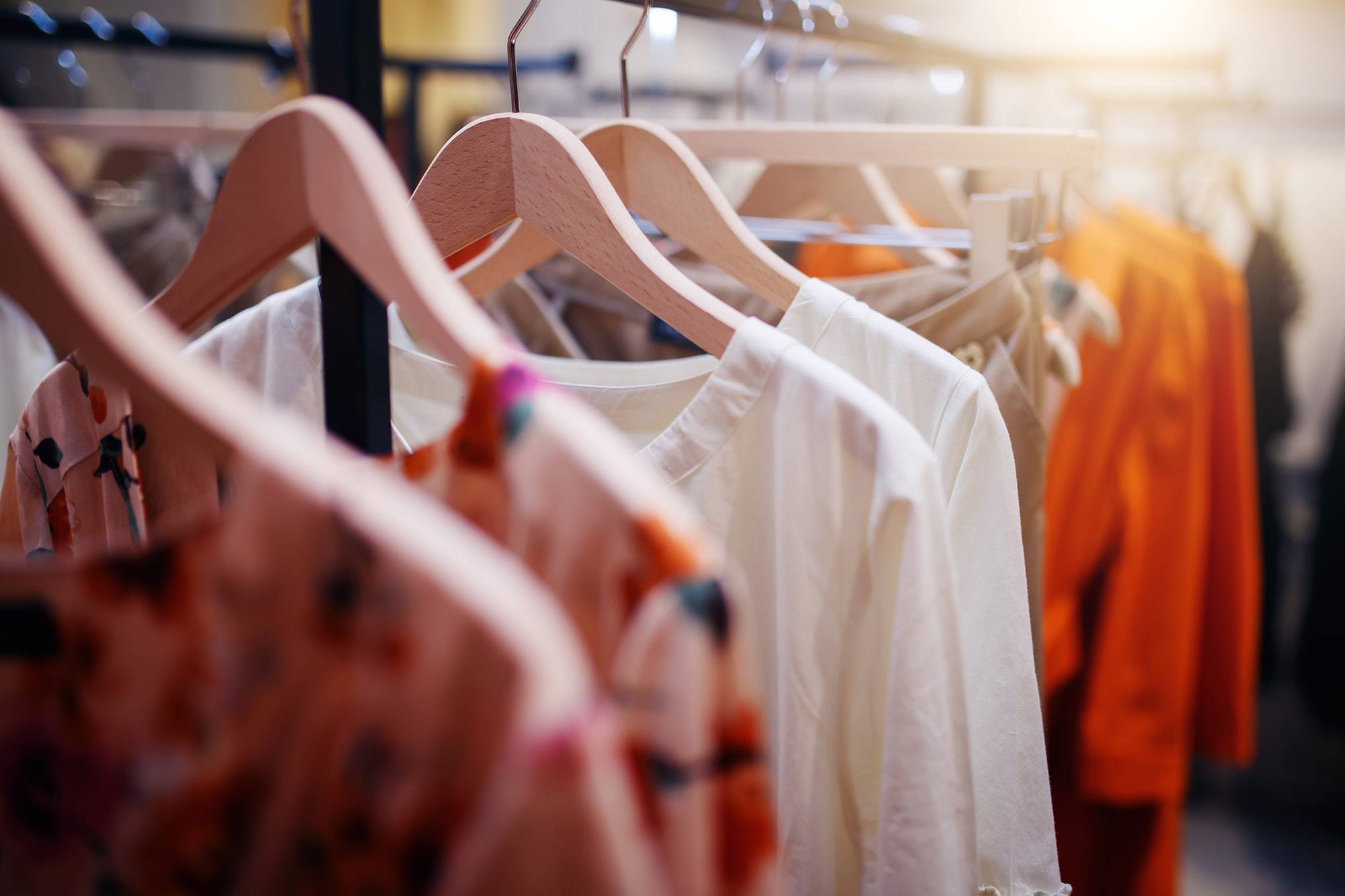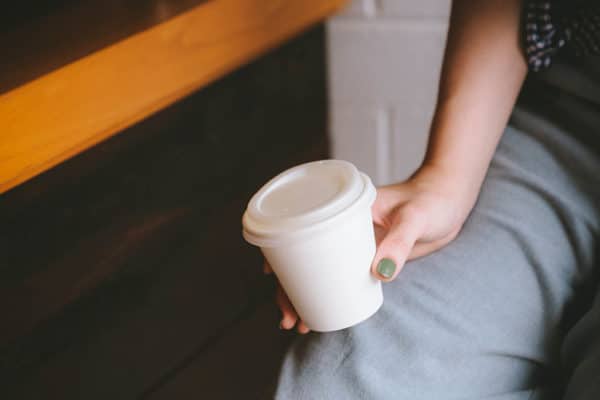“Who made my clothes?” Look familiar?
Every April, since the Rana Plaza collapse in 2013, we celebrate Fashion Revolution. This is a time where “who made my clothes?” is uttered thousands of times worldwide, and shared all over social media.
Fashion Revolution is a movement, with the mission to encourage conscious consumerism in the fashion industry. The ultimate goal is for people to understand who made their clothes, and with this information, purchase more wisely.

"The planet and its people are relying on us to continue this fashion revolution all year long."
But Fashion Revolution can’t just be one week of conscious consumerism. The planet and its people are relying on us to continue this fashion revolution all year long.
Here’s how you can do it.
Educate
There’s no point keeping all your new-found information to yourself. Shout it from the rooftops! Spread the word through your social media platforms, host informational events, screenings of The True Cost, and don’t keep this all contained in Fashion Revolution week.
Education is the first step to instigating change, so use the skills you have, to educate in ways you do best. If you enjoy public speaking, put your hand up for speaking at events. If you have insane design skills, make mini illustrations, gifts, or memes, that can be shared throughout social media.
Speak straight to the brands
If you don’t approach fashion brands themselves, how will they get to hear what you think? Message the brands themselves through the contact page on the websites, send them Instagram messages, or even write an actual hand-written letter (so old school!).
It’s one thing to boycott brands who are so guilty they cannot share ‘who made my clothes’, but it’s another to speak to them directly, and know you are heard. Whilst you’re at it, why not praise the brands who are doing good too? This will encourage them to keep offering us ethical alternatives, and show them that their customers care.
Buy quality not quantity
Ethical fashion isn’t just about what you buy, but how you buy. Shop for quality. Use Fashion Revolution week as the beginning of your new wardrobe build. Build with intention. Create a team of clothes that work together, make you feel GREAT, and are made in fair trade conditions that respect the makers.
Care for your clothes
One of the greatest ways to show you respect the makers of your clothes, is to be careful of the way you wash, and treat them. Always read the care instructions on your garments, and follow them strictly. Here are some top washing tips:
- Wash below 30 degrees Celcius
- Put similar colours together
- Always leave moving room in your load- if it’s too full, your clothes are more likely to stretch and twist around each other, damaging the seams
- Dry your clothes on a washing line, not a dryer- they won’t be so thrown around
Over time, your clothes will get holes, lose buttons, and tear; no garment is invincible! Try your hand at simple repairing techniques, and invest in a basic sewing kit. If that doesn’t appeal to you, or there’s an alteration that’s too major, find a local seamstress or family member who can help. You’ll be surprised at how many talented seamstresses you’ll find in your community.
Fashion Revolution is the name of a celebrated week, but it also describes the ethical fashion movement that spans far beyond one week in April. We remember those lost in the Rana Plaza collapse on April the 24th, 2013, but we move on from this event, taking the emotion, and using it to instigate change in an industry that so badly needs it. Use these action points to make the decision to join the worldwide fashion revolution daily.


